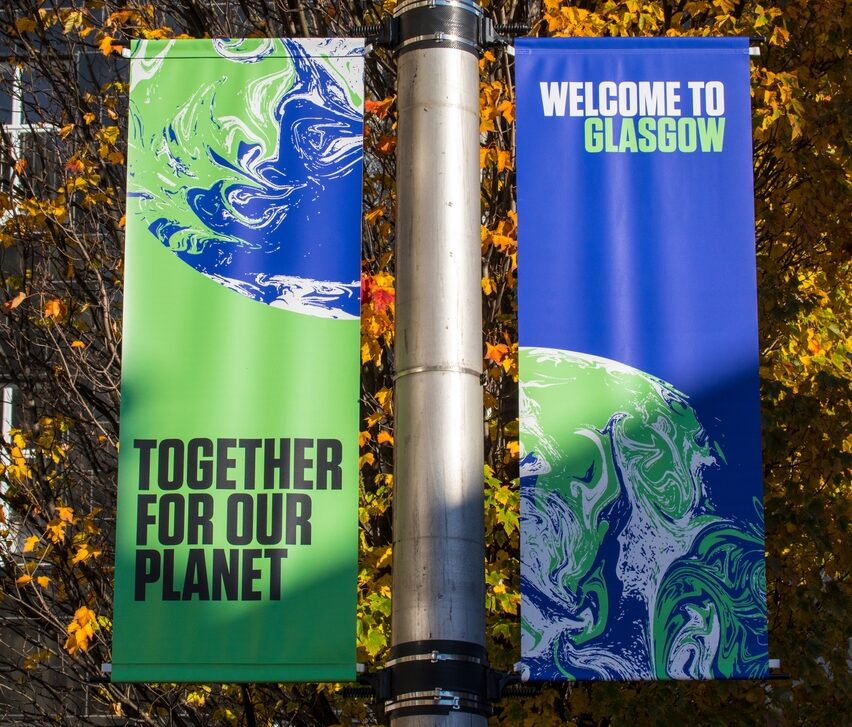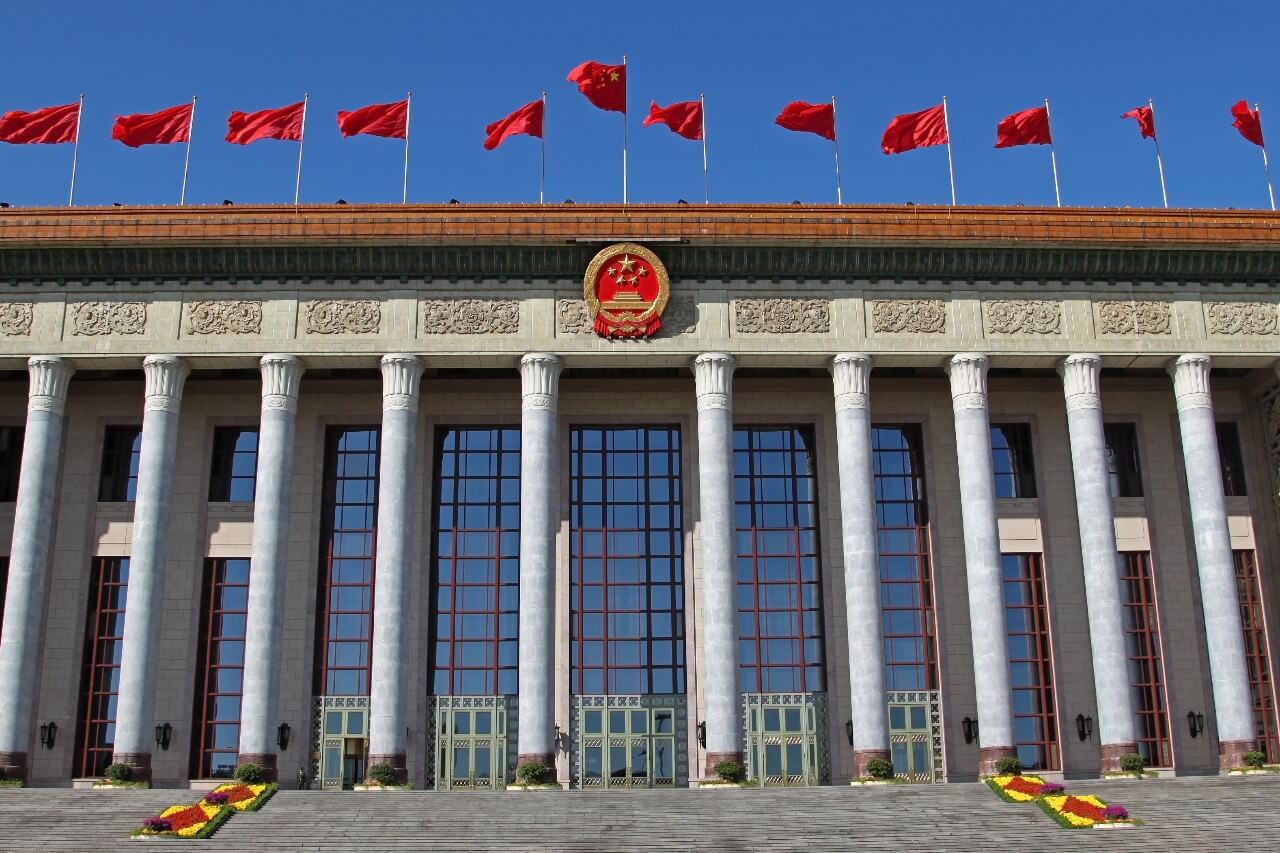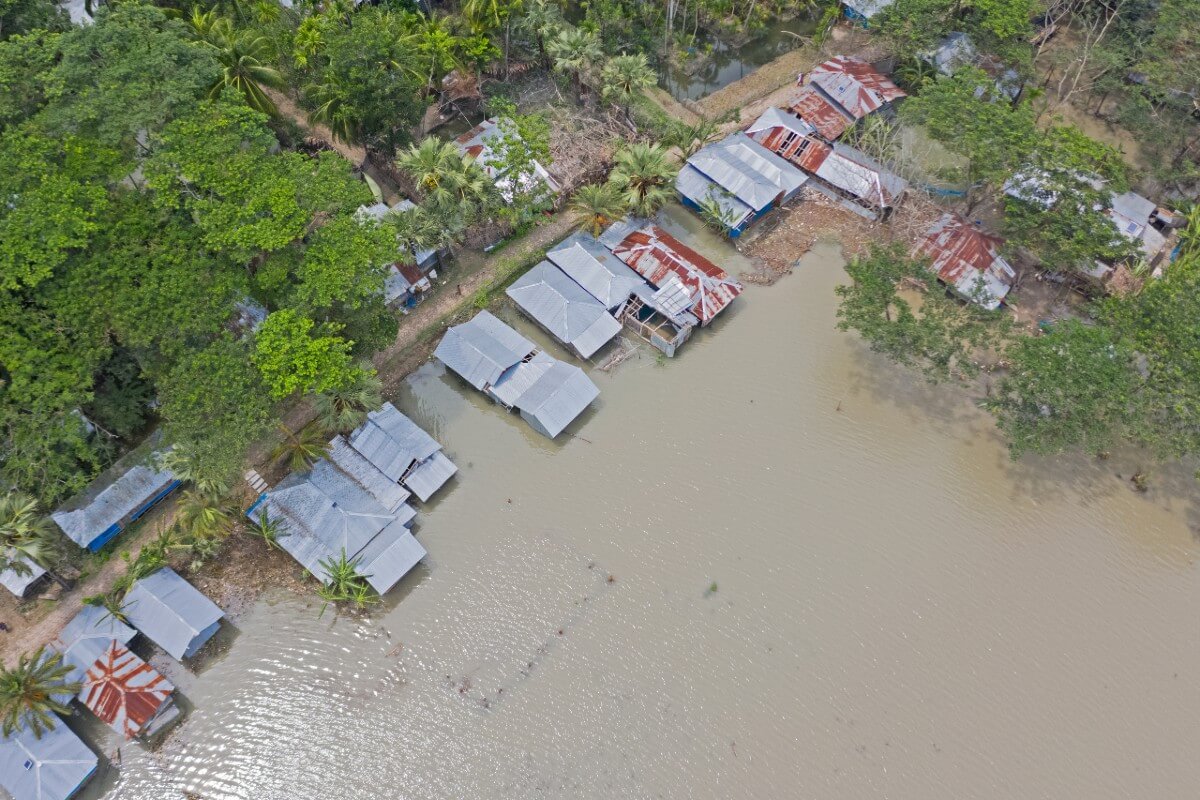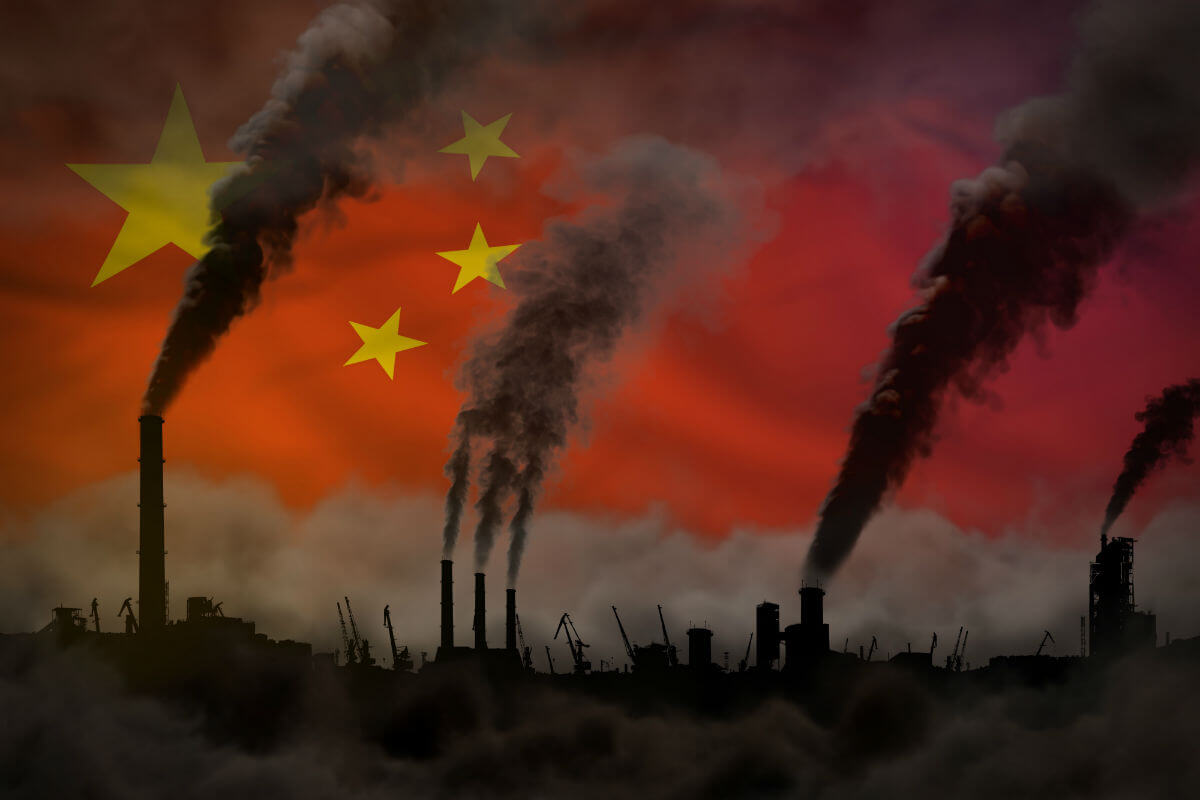In the same manner as societies are developing policies to strike the optimal balance between public safety and social and economic cost of Covid-19, the international community is negotiating strategies to address climate change.

The Swedish National Expert Council for Climate Adaptation launched a report to the government regarding a revision of Sweden's national adaptation strategy. SEI's Frida Lager contributed to the report through her research expertise in Mistra Geopolitics.

Björn-Ola Linnér: “A small step for humanity, but a big step for the climate negotiations, with an emphasis on the negotiations.”

A year of a pandemic, how has the future changed? Karl Hallding presents probable future scenarios based on research performed within Mistra Geopolitics in collaboration with Futurion.

The National People’s Congress of China has now concluded its annual session in Beijing.

A new study in PNAS finds that aid provided by the United Nations (UN) in the aftermath of climate-related disasters is driven by humanitarian need rather than by strategic donor interests. The results underline the importance of climate-related hazards for understanding aid disbursements.

In this webinar, Karl Hallding places the China’s ambitions in the climate and energy area in a geopolitical context and discusses how China's growing global ambitions may affect the conditions for sustainable development.

The fossil fuel-based energy system contributes to environmental and climate problems. Climate-driven energy policies will affect the geopolitics of energy.

Assessing prospects for Zero Hunger requires an understanding of food security that goes beyond humanitarian issues to include linkages with geopolitics.





Dr Boulanin gave a briefing on trends in the development and use of emerging technologies, opportunities and risks for international peace and security.